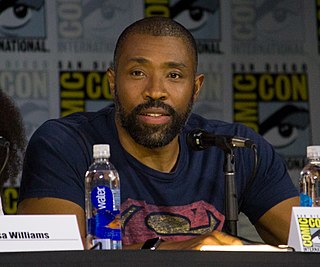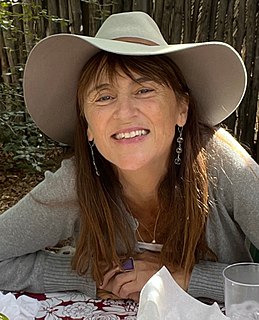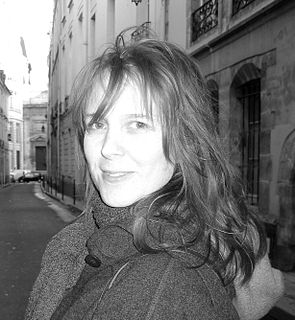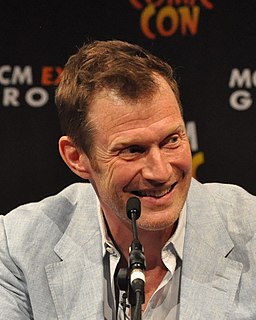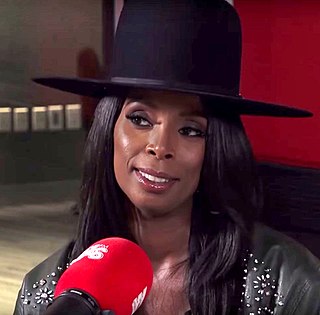A Quote by Paul Thomas Anderson
It felt like the first thing, but when I first started out, I got a job adapting a book by Russell Banks called 'Rule Of The Bone.' I didn't do a very good job. I didn't really know what I was doing in general, let alone how to adapt a book.
Related Quotes
My first job was television. I got to where I wanted to go, but through a little bit of a detour. When I first started working in film and television, I hated myself - I didn't like what I was doing at all. All I could think of was, 'I'm overacting. Be smaller.' I started to do that, but that was not fun. I felt confined doing film and TV.
When I first started, I didn't know what I was doing. I was such a - like a kid that got into things before I was ready. I was like the original learning-on-the-job-experience guy. All I knew was, if I hired the best musicians, I got the best arranger, and got the right songs for the right singer, I had did my job correctly.
I got my first real job, one that didn't involve wearing a hairnet or bending over the hood of a wet car with a towel in my hand, in the early '90s working for CBS Records. While there, I started my first of several rock bands and eventually wrote my first book, the semi-autobiographical novel, 'Don't Sleep With Your Drummer.'
I think I sent one [book] to Brian Eno. I don't know how I got to know his address, but I sent one to him. He called me up and he said, "I really like the book, and I'm starting a new label, would you liked to do something?" It was a tricky situation for me, because I've always had this thing in my life of a tension between collaboration, which was extremely important to me, and then being alone. Make of that what you will!
It's one of those things where the book has all these stars that burn really bright that you hang onto and they're all saying, 'This is The Girl on the Train experience.' All those stars or hooks needed to be in the film, but sometimes they needed to be a bit different. It's important when adapting such a popular book to hit all those points but also break out expectations without slaughtering the book. And that was, for me, the joy of adapting the book.
In 1977, when I started my first job at the Federal Reserve Board as a staff economist in the Division of International Finance, it was an article of faith in central banking that secrecy about monetary policy decisions was the best policy: Central banks, as a rule, did not discuss these decisions, let alone their future policy intentions.



